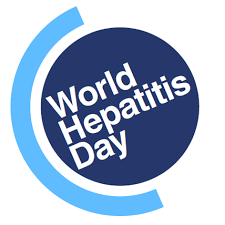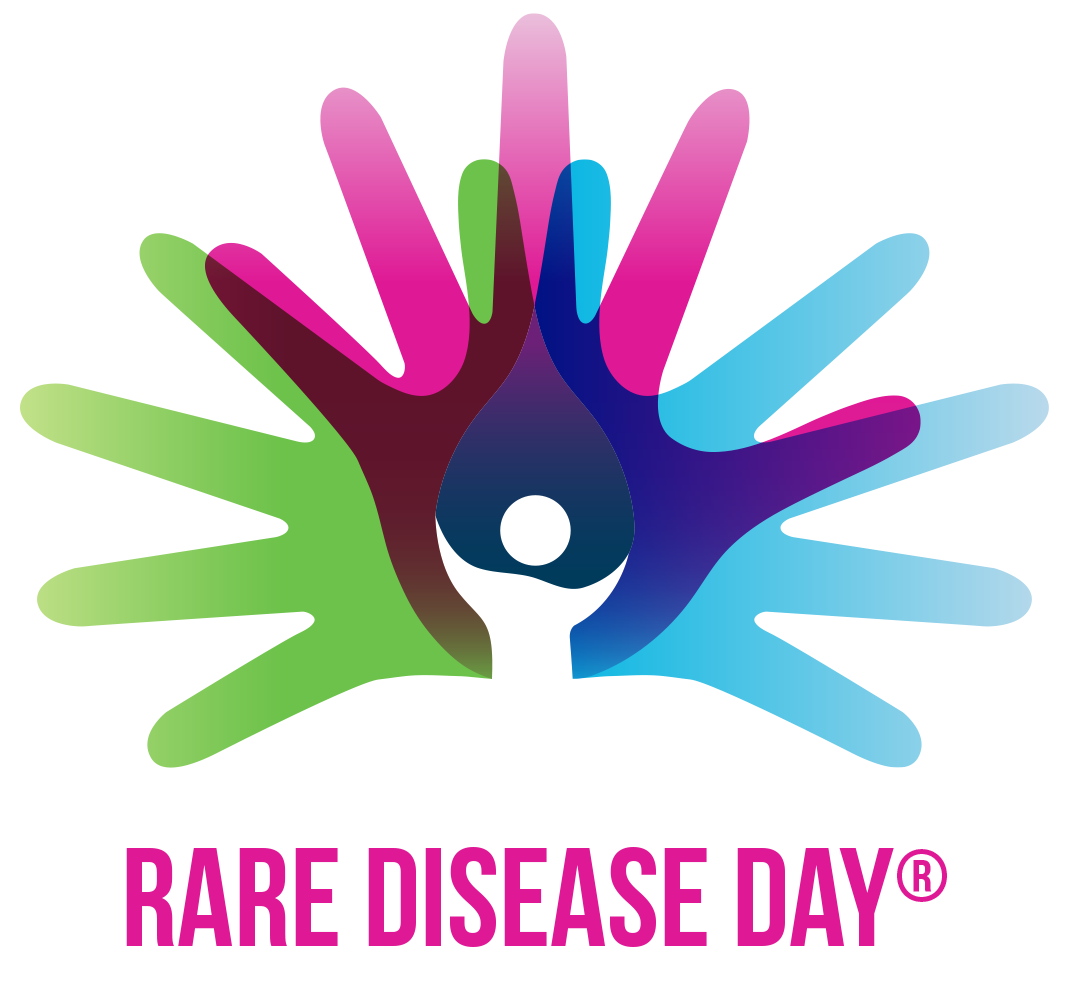World Hepatitis Day: Uniting in the Fight Against a Global Health Threat
World Hepatitis Day, observed on 28th July each year, is a global initiative to raise awareness about viral hepatitis, promote prevention, and encourage testing and treatment. The World Health Organization (WHO) and partners across the globe come together to highlight the urgency of eliminating hepatitis by 2030. This article delves into the significance of World Hepatitis Day, the types of hepatitis, prevention methods, available treatments, and how you can get involved.
Handbook of Food and Feed from Microalgae: Production, Application, Regulation, and Sustainability, 2023, pp 603-610
International Women's Day 2025: A Call to End Violence Against Women and Support SDG Resources
International Women's Day, celebrated annually on March 8th, is a global event that recognises the social, economic, cultural, and political achievements of women while advocating for gender equality. In this article, we will explore the importance of International Women's Day and its contribution to Sustainable Development Goals (SDGs) related to gender equality and ending violence against women.
The History of International Women's Day




